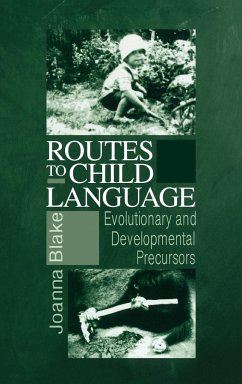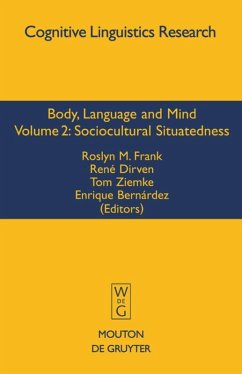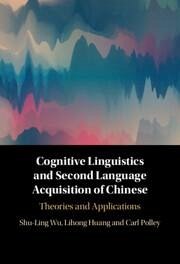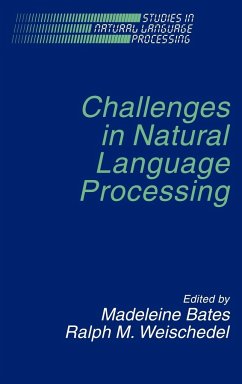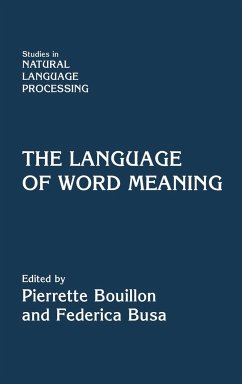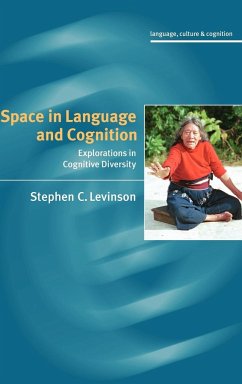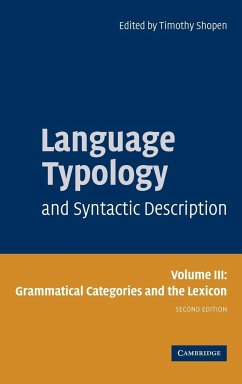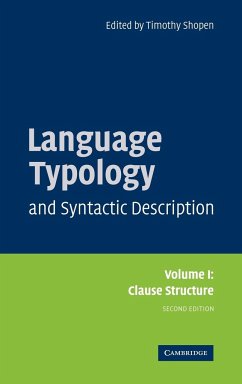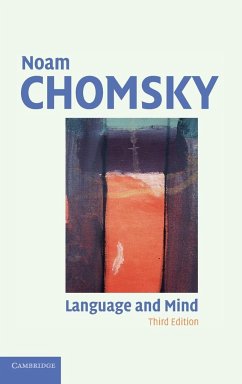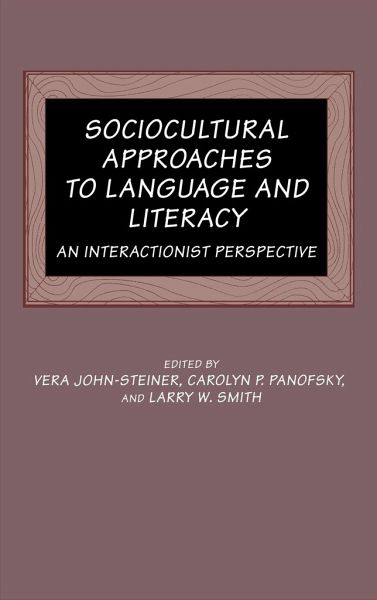
Sociocultural Approaches to Language and Literacy
An Interactionist Perspective
Herausgeber: John-Steiner, Vera; Smith, Larry W.; Panofsky, Carolyn P.
Versandkostenfrei!
Versandfertig in 1-2 Wochen
120,99 €
inkl. MwSt.

PAYBACK Punkte
60 °P sammeln!
One of the most crucial areas of education - the acquisition of literacy - is examined here with an effective combination of theory and practice. The sociocultural perspective is illustrated through descriptions of learning by populations usually neglected in treatments of literacy: American Sign Language Users, second-language speakers, and minority students. The book covers a broad range of ages, ethnic backgrounds, locations, and literacy concerns from pre-school to law school. Although the populations and literacy issues are diverse, the book's unity is provided by a broadly shared theoret...
One of the most crucial areas of education - the acquisition of literacy - is examined here with an effective combination of theory and practice. The sociocultural perspective is illustrated through descriptions of learning by populations usually neglected in treatments of literacy: American Sign Language Users, second-language speakers, and minority students. The book covers a broad range of ages, ethnic backgrounds, locations, and literacy concerns from pre-school to law school. Although the populations and literacy issues are diverse, the book's unity is provided by a broadly shared theoretical framework. As such, Interactionist Approaches to Language and Literacy will be valuable to educators at every level and to researchers in applied linguistics, psychology, adult literacy programs, and English as a second language.
Table of contents:
1. Introduction to the Volume; Part I. Context: 2. Introduction to the Section; 3. An interactionist approach to the analysis of similarities and differences between spoken and written language Larry Smith; 4. Repair in spontaneous speech: A window on second language development Hanery Shonerd; 5. Struggling for a voice: An interactionist view of language and literacy in Deaf Education Sherman Wilcox; Part II. Mediation: 6. Introduction to the Section; 7. Nonverbal factors in the interpsychic to intrpsychic internalisation of objects David McNeill Karl-Erik McCullough and Martha Tyrone: 8. An ecological approach to the emergence of the lexicon: Socializing attention Patricia Goldring Zukow and Kelly R. Duncan: 9. Learning how to explain: the effects of mother's language on the child Maria Silvia Barbieri and Liliana Landolfi; 10. Developing the representational functions of language: the role of parent-child book reading activity Carolyn P. Panofsky; 11. The implications of Vygotskian theory for the development of home-school programs: A focus on storybook reading Patricia A. Edwards and Georgia Earnest Garcia; 12. Vygotsky in the classroom: An interactionist literacy framework in mathematics Pat Cordeiro; Part III. Functunal Systems: 13. Introduction to the Section; 14. Adults learning literacy: The role of private speech in reading comprehension Juan D. Ramirez; 15. From 'Paj Ntaub' to paragraphs: Perspectives on Hmong processes of composing Francine Filipek Colignon; 16. Toward a definition of law school readiness Michelle Minnis.
This book deals with one of the major crises in education - the achievement of literacy skills. The approach taken is humanistic, focusing on relevant historical and cultural factors, and providing the reader with a broad range of examples of literacy development and education.
This book deals with a major crisis in education - the achievement of literacy skills.
Table of contents:
1. Introduction to the Volume; Part I. Context: 2. Introduction to the Section; 3. An interactionist approach to the analysis of similarities and differences between spoken and written language Larry Smith; 4. Repair in spontaneous speech: A window on second language development Hanery Shonerd; 5. Struggling for a voice: An interactionist view of language and literacy in Deaf Education Sherman Wilcox; Part II. Mediation: 6. Introduction to the Section; 7. Nonverbal factors in the interpsychic to intrpsychic internalisation of objects David McNeill Karl-Erik McCullough and Martha Tyrone: 8. An ecological approach to the emergence of the lexicon: Socializing attention Patricia Goldring Zukow and Kelly R. Duncan: 9. Learning how to explain: the effects of mother's language on the child Maria Silvia Barbieri and Liliana Landolfi; 10. Developing the representational functions of language: the role of parent-child book reading activity Carolyn P. Panofsky; 11. The implications of Vygotskian theory for the development of home-school programs: A focus on storybook reading Patricia A. Edwards and Georgia Earnest Garcia; 12. Vygotsky in the classroom: An interactionist literacy framework in mathematics Pat Cordeiro; Part III. Functunal Systems: 13. Introduction to the Section; 14. Adults learning literacy: The role of private speech in reading comprehension Juan D. Ramirez; 15. From 'Paj Ntaub' to paragraphs: Perspectives on Hmong processes of composing Francine Filipek Colignon; 16. Toward a definition of law school readiness Michelle Minnis.
This book deals with one of the major crises in education - the achievement of literacy skills. The approach taken is humanistic, focusing on relevant historical and cultural factors, and providing the reader with a broad range of examples of literacy development and education.
This book deals with a major crisis in education - the achievement of literacy skills.





